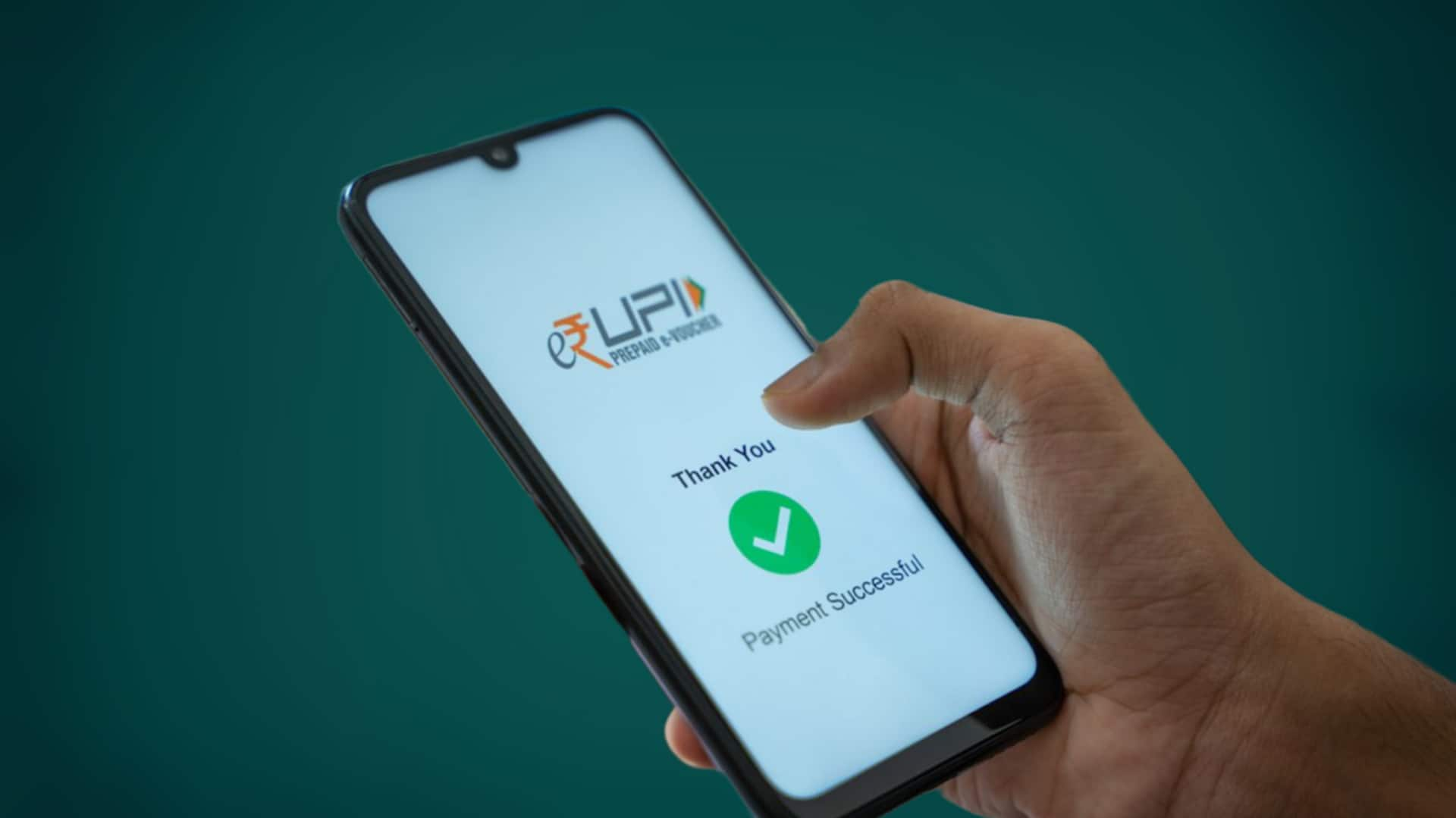
Interchange fee on UPI: How this will affect you
What's the story
A new National Payments Corporation of India (NPCI) announcement has UPI users running in confusion.
The NPCI has introduced an interchange fee on UPI transactions of up to 1.1% done via prepaid payment instruments (PPI) from April 1.
Many UPI users are now confused about what this means to them. Let's take a deep dive into the new interchange fee and its implications.
Context
Why does this story matter?
On March 24, the NPCI introduced wallet interoperability for its full KYC customers. The move is expected to improve the salience of wallets as users would be able to use them to make payments on all UPI QR codes and online merchants.
The interchange fee is new in the UPI space and how it will affect customers and merchants has led to several doubts.
Interchange fee
Interchange fee is paid to wallet issuers
The interchange fee is the amount paid to wallet issuers, including Paytm, PhonePe, and Google Pay, to cover the costs of accepting, processing, and authorizing transactions.
This fee will be applicable on transactions above Rs. 2,000. The new NPCI guidelines have also introduced wallet-loading charges, a charge paid by wallet issuers to banks from which the amount was debited.
Fee
The charge ranges from 0.5% to 1.1%
Interchange fees will vary depending on merchants. The charges range from 0.5% of the transaction to 1.1%.
For instance, UPI payments made for fuel, education, agriculture, and utility using a wallet would attract an interchange fee of 0.5-0.7%.
For education fees paid this way, the charge will be capped at Rs. 15. Food shops, retail outlets, and contractors attract 1.1% interchange fees.
Affected parties
Bank-to-bank UPI transactions will not be affected
The confusion regarding interchange fees is mostly about whether this would affect UPI payments made to friends, families, or a merchant's bank account.
The answer to his question is simple - normal UPI transactions (bank-to-bank) remain uncharged. Peer-to-peer and peer-to-merchant transactions won't be affected by this decision of NPCI.
The government has maintained UPI is for the public good.
Brunt bearing
So, who will pay the interchange fee?
Now, to the most important question, who will pay the interchange fee? If you're making a UPI payment via wallet, and the QR code belongs to Paytm, Paytm will receive the interchange fee.
The charge will be paid by the merchant. More specifically, the bank or payment provider that acquired the retailer will pay the charge.
Users do not have to pay interchange fees.